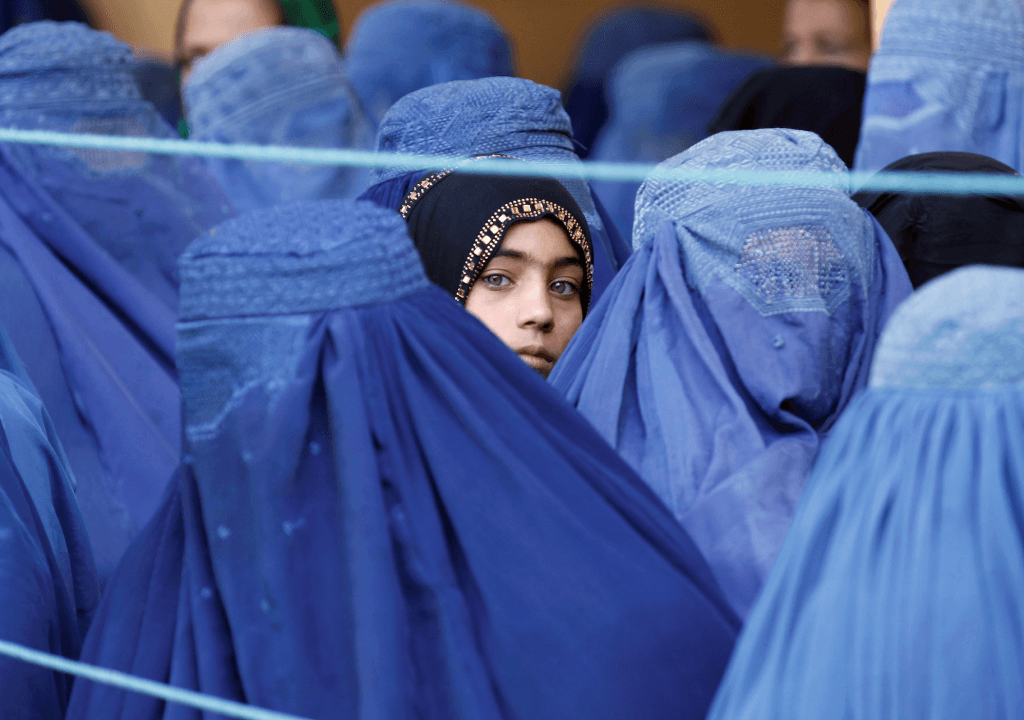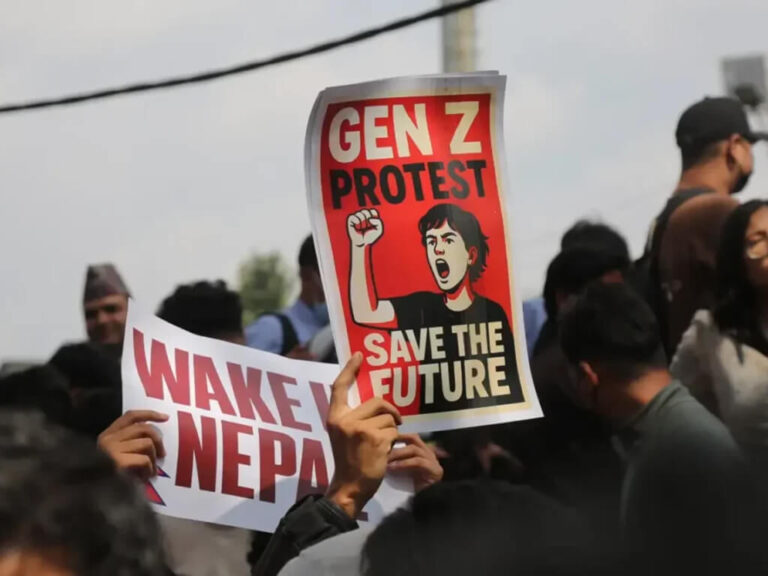Afghanistan has always been immensely important to Indian rulers, serving as a gateway to the Persian-Turkic world. After gaining independence in 1947, India recognized Afghanistan’s strategic value as a counterweight to Pakistan’s hostility. India invested heavily in Afghanistan’s development and actively participated in its social, economic, and cultural spheres. During Afghanistan’s short-lived democratic period, following the United States overthrow of the first Taliban emirate, India and Afghanistan forged their strongest ties, with Indian investments and relations reaching unprecedented heights.
However, the Taliban, an Islamic extremist organization, has consistently opposed India and its involvement in Afghanistan. When the Taliban first seized control in 1996 and established the Islamic Emirate of Afghanistan with support from Pakistan and the United States, they pushed India to the margins. Their rigid Islamic ideology, including calls for the Islamization of India, directly threatened Indian interests too. The Taliban’s return to power in 2021 raised immediate concerns about India’s diminishing influence in Afghanistan, jeopardizing its strategic presence in the region.
Though In recent years, a significant shift has unfolded. The current Taliban leadership has grown increasingly at odds with its longtime ally, Pakistan, leading to escalating tensions that risk boiling over into open conflict. This rift presents an unexpected opportunity for India, under a Hindu nationalist government, to pursue strategic engagement with the Taliban despite the stark ideological differences. What once seemed an improbable partnership has begun to take shape, with recent developments pointing to a surprising and growing rapprochement between India and the Taliban.
As much of the international community maintains its distance from the Taliban’s repressive rule, India has quietly intensified its outreach. On Wednesday, in Dubai, Indian Foreign Secretary Vikram Misri sat down with Amir Khan Muttaqi, the Taliban’s acting foreign minister, marking the highest-level official meeting between India and the Taliban since the latter’s takeover of Kabul in August 2021.
The discussions, as outlined by Afghanistan’s Ministry of Foreign Affairs, touched upon a range of pressing issues: the evolving security situation within Afghanistan, India’s role in supporting humanitarian efforts and development initiatives, and the use of Iran’s Chabahar Port to open trade routes to the beleaguered nation. The Taliban’s statement, framed within the context of what it termed a “Balanced” foreign policy focused on economic priorities, pointed to its aim of deepening political and economic ties with India—an acknowledgment of India’s growing importance as both a regional and economic player in this complicated geopolitical landscape.
India has also expressed its support for the burgeoning relationship. After the meeting, India’s Foreign Office stated that in response to a request from the Afghan side, India would provide additional material assistance, initially focusing on the health sector and refugee rehabilitation. The two sides also discussed strengthening cooperation in sports, particularly in cricket.
The Taliban, for its part, is in desperate need of financial support. The United States has fully disengaged from Afghanistan, the Gulf countries have limited capacity without U.S. backing, and Russia is now weak, leaving China and India as the primary players. Afghanistan, rich in minerals and strategically located, makes it a target for both countries. India, driven by its desire to not only challenge Pakistan but also compete with China, seeks to reassert itself in a key regional theater.
The recent meeting between India’s Foreign Secretary and Afghanistan’s Foreign Minister is part of a series of ongoing talks between the two countries. In November, senior Indian Foreign Ministry official JP Singh held multiple meetings with Taliban representatives, including a notable discussion with Acting Defense Minister Mullah Mohammad Yaqoob. Earlier, in June 2022, India sent a “Technical Team” to Kabul to oversee the delivery of humanitarian aid and assess how New Delhi could further assist the Afghan people. Since the opening of the technical mission, the Taliban has repeatedly sought to station its own representative in Delhi. In response, India has allowed a Taliban representative, Ikramuddin Kamil, to work at the Afghan consulate in Mumbai.
No nation has yet reached the point of formally recognizing the Taliban regime, especially given its ongoing brutal suppression of women. This meeting, however, will likely be seen as highly favorable by the Taliban, which is currently facing military pressure and additional stress from Pakistan. As an old Indian proverb goes, “The enemy of my enemy is my friend.” Despite the stark ideological differences between the two countries, Afghanistan has effectively become a de facto ally for India.








